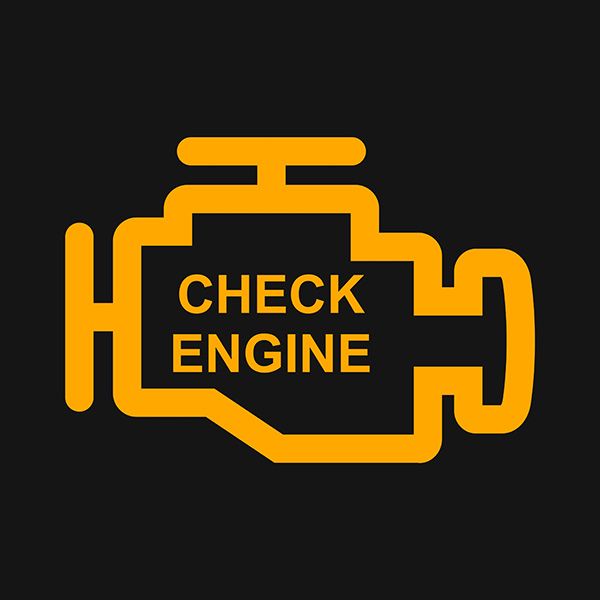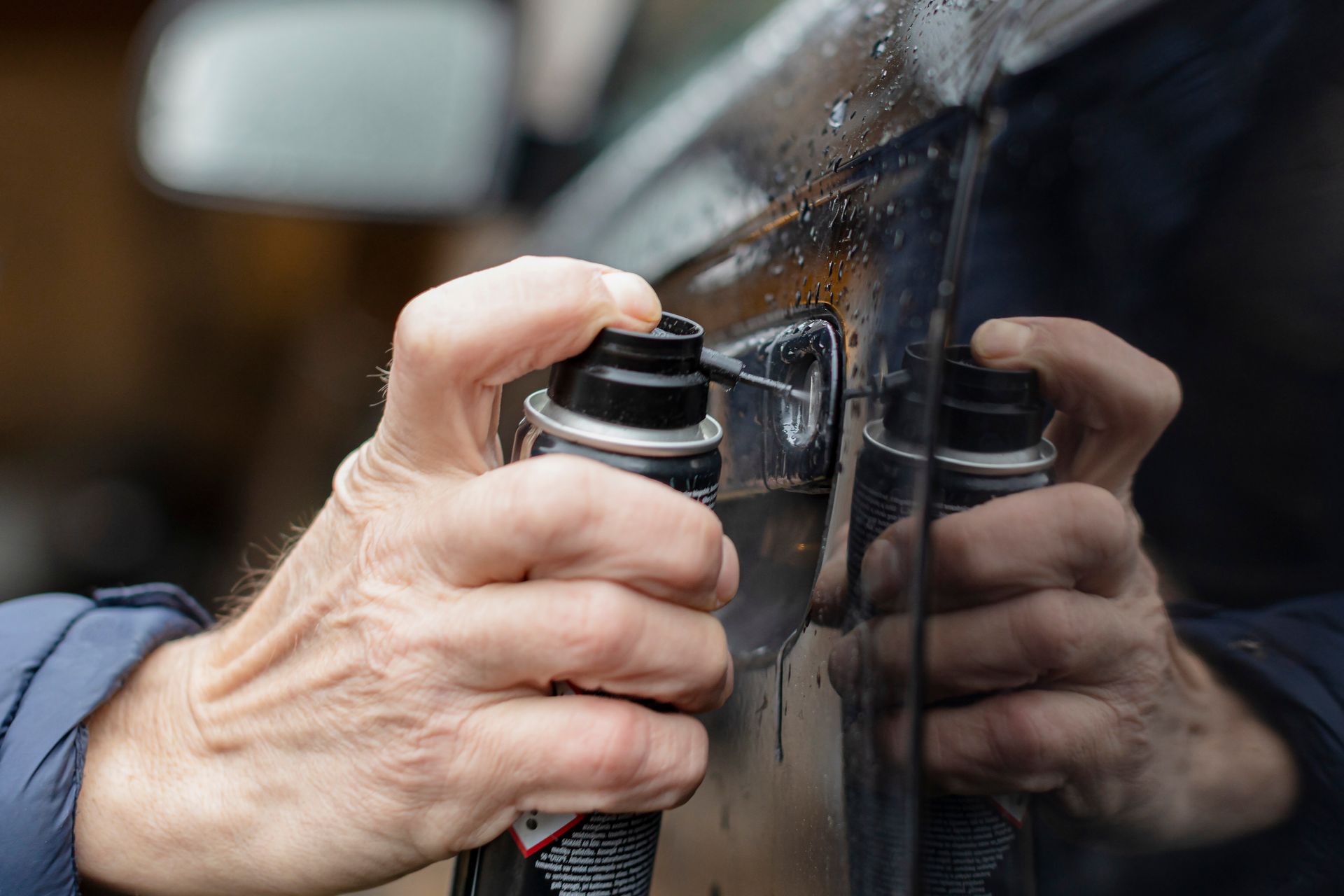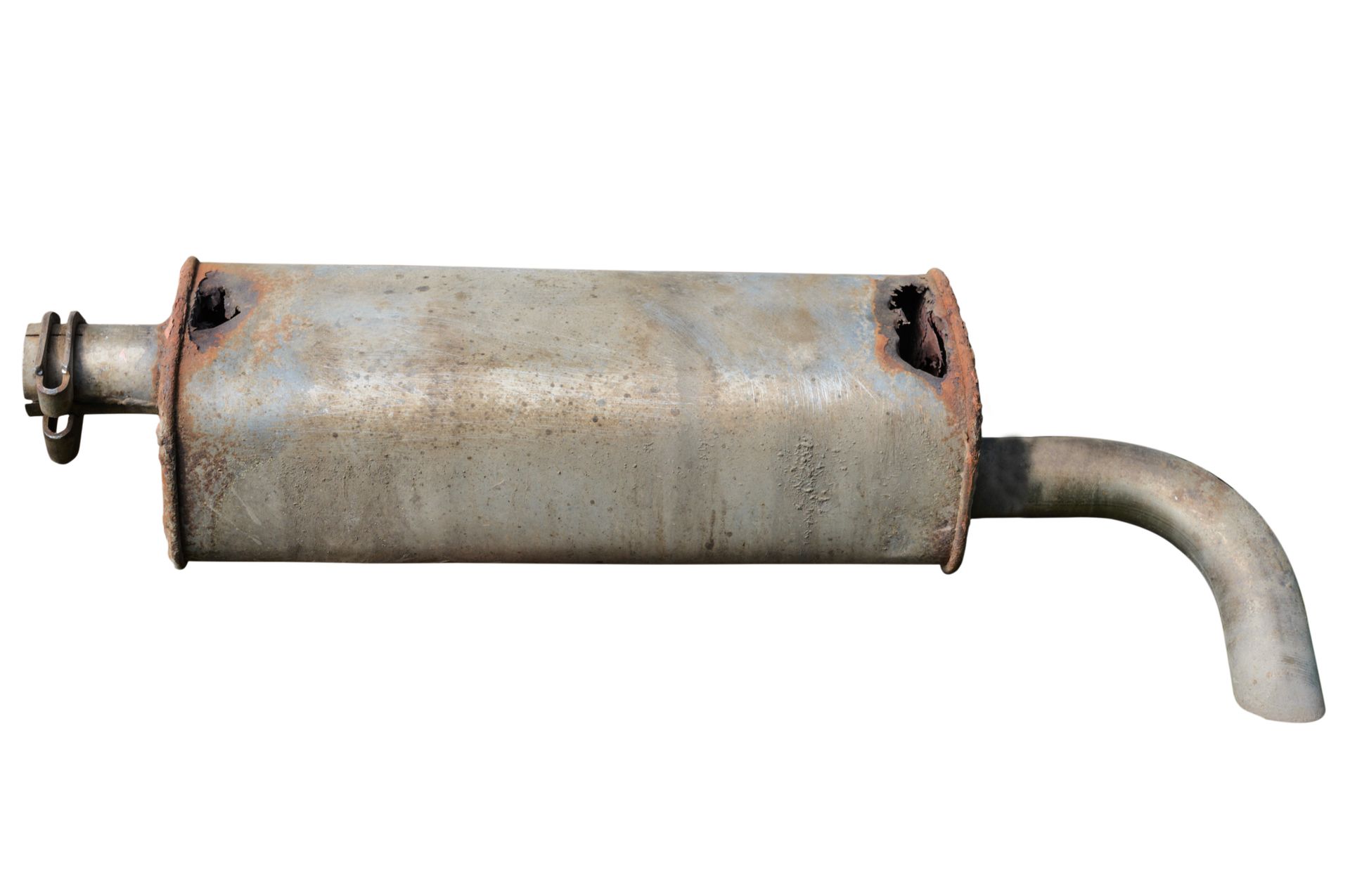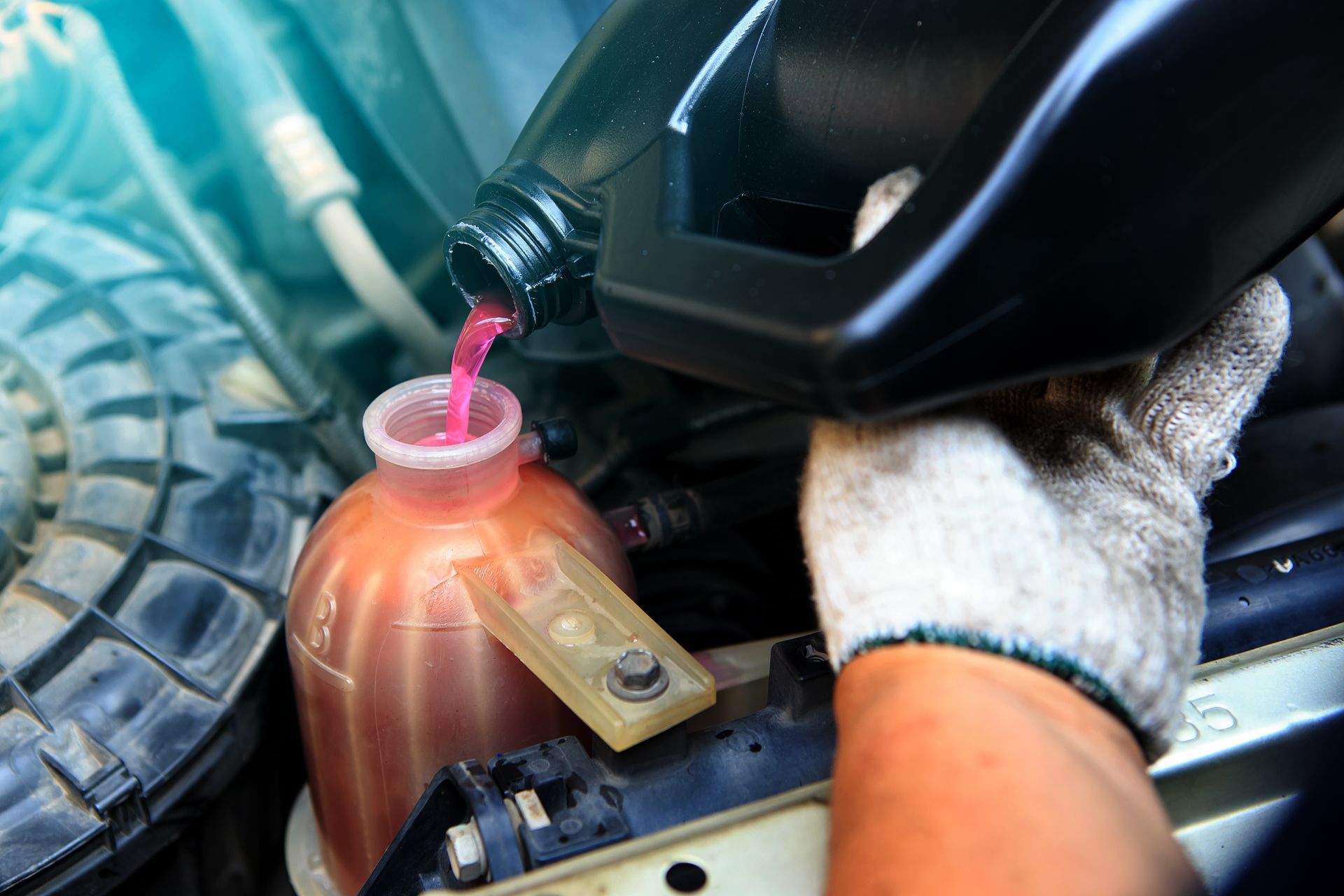
BMW is a name that’s become synonymous with performance, precision, and luxury. But long before the brand was building sporty sedans and powerful M models, its roots were tied to a completely different kind of machine—aircraft engines.
The story of BMW isn’t just a tale of automotive engineering. It’s a story of transformation—from warplanes to race cars, from survival to success—and how the company’s past still shapes the way their vehicles are built today.
It Started With Aircraft Engines
BMW—short for Bayerische Motoren Werke, or Bavarian Motor Works—was founded in 1916, not as a car company, but as an aircraft engine manufacturer. In fact, the company’s first major success came with the production of a high-altitude aircraft engine during World War I.
After the war, the Treaty of Versailles banned German companies from producing aircraft engines. So BMW pivoted, first to motorcycles and eventually to automobiles. But that original focus on high-revving, high-performance engines remained at the core of the company’s identity.
The Iconic Roundel Isn’t a Spinning Propeller—Sort Of
For years, many believed BMW’s blue-and-white roundel symbolized a spinning airplane propeller, honoring its aviation roots. While that interpretation gained popularity (and BMW leaned into it with advertising), the logo actually draws from the Bavarian flag. Still, the company’s aviation history continues to influence its image—and many enthusiasts embrace the propeller myth as part of the brand’s charm.
From Two Wheels to Four
Before BMW was known for its luxury cars, it was a force in the motorcycle world. The BMW R32, released in 1923, introduced the now-famous flat-twin "boxer" engine design. It was engineered for durability, balance, and long-distance comfort—features that would later show up in their car engines as well.
It wasn’t until the late 1920s that BMW ventured into automobile production by acquiring a company called Fahrzeugfabrik Eisenach. Their first car, the BMW 3/15, was a licensed version of the British Austin 7. Humble beginnings, but the brand quickly developed its own engineering direction.
Racing Made BMW What It Is Today
By the 1930s, BMW had found its calling in motorsports. Cars like the 328 Roadster set the standard for what a lightweight, nimble sports car could be. That racing pedigree continued through the decades, shaping everything from the 2002 Turbo in the 1970s to the legendary M3s of the ’80s and ’90s.
BMW’s success on the track wasn’t just for show—it fed directly into its consumer vehicles. That tight connection between racing and production cars is part of why BMWs have long had a reputation for delivering true driver engagement, even in daily commuting models.
The "Ultimate Driving Machine" Era
When BMW entered the U.S. market in earnest, it faced stiff competition from more affordable domestic brands and more established European luxury automakers. But BMW leaned into its strengths—performance, handling, and engineering excellence—and adopted the now-famous slogan, “The Ultimate Driving Machine.”
That identity helped the brand carve out a space among enthusiasts who wanted more than just a comfortable ride. Cars like the E30 M3, the 5 Series sport sedans, and the Z3 roadster built BMW’s image as a company that made cars for people who love to drive.
Tech, Luxury, and a Modern Identity
While BMW’s roots are in raw mechanical engineering, the brand has evolved with the times. Today’s models still offer dynamic handling and responsive engines, but they’re also packed with advanced driver-assist systems, digital dashboards, and comfort features you’d expect from a premium luxury car.
Even as the brand shifts toward electric and hybrid powertrains, its vehicles still reflect the DNA of that first aircraft engine—high-revving performance, balance, and smooth power delivery.
From Raleigh to the Autobahn—BMW’s Global Appeal Remains Strong
BMW drivers in Raleigh, NC, appreciate the same qualities as drivers in Munich or on the Nürburgring. The balance between power and poise, performance and precision—it’s all still there. And the brand’s long and unexpected journey, from making airplane engines to building cutting-edge electric cars, is part of what makes owning and driving a BMW so rewarding.
Torque Automotive – BMW Specialists in Raleigh, NC
At Torque Automotive in Raleigh, NC, we know BMWs inside and out—from classic inline-six sedans to the latest turbocharged performance models. Whether your BMW needs routine service or expert diagnostics, we treat every visit like it’s a pit stop on the way to your next great drive. Book an appointment with us today and experience the care your ultimate driving machine deserves.











